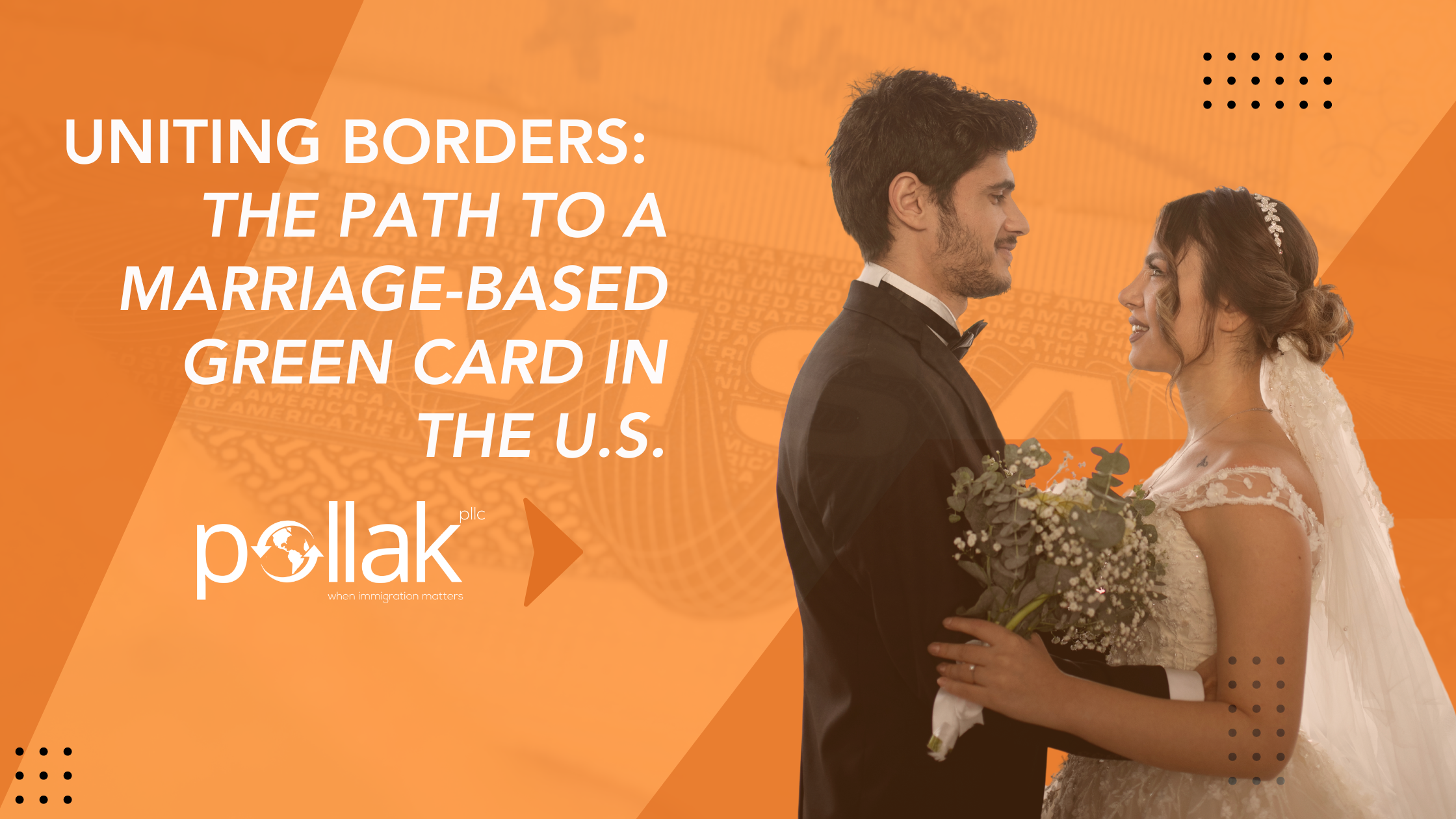.png?width=1024&height=658&name=Blog%20images%20Fanny%20(4).png)
The U.S. Citizenship and Information Services (USCIS) announced a process for nationals of certain countries to apply for advanced travel authorization to the U.S. The process allows beneficiaries who otherwise lack valid U.S. entry documents the ability to apply for legal residence in the U.S. Successful applicants may live in the country for up to two years. During that time, beneficiaries may apply for temporary work authorization.
Who Is Eligible to Become a Beneficiary?
First and foremost, only those who are currently living outside the U.S. may apply to become a beneficiary under the parole requirements. In addition to being a Cuban, Haitian, Nicaraguan, or Venezuelan national, beneficiaries must meet the following criteria:
- Have a valid, unexpired passport
- Be outside the United States
- Have a U.S.-based supporter who filed a Form I-134A on their behalf. The USCIS must have already vetted and confirmed the documents
- Support their own commercial travel expenses
- Pass national security and public safety screening
- Fulfill any additional requirements such as vaccinations and public health guidelines.
- Can demonstrate that their situation is significant or urgent enough to warrant a grant of parole.
Certain immediate family members of beneficiaries may also apply under the same supporter. In this situation, an immediate family member includes a spouse, common-law partner, or unmarried child younger than 21. Unmarried children must travel with their parents if they are younger than 18. Unlike the primary beneficiary, immediate family members are not required to be nationals of Cuba, Haiti, Nicaragua, or Venezuela.
It’s very important to note that certain factors will disqualify authorization to enter the U.S. under this parole process. To determine potential ineligibility, you may visit the USCIS website or discuss your options with an immigration attorney.
Who Qualifies as a Supporter?
Citizens, lawful permanent residents, DACA recipients, refugees, asylees, and a few other designations of individuals legally residing in the U.S. are eligible to be supporters. Like beneficiaries, supporters of this parole program must pass national security and public safety vetting.
Supporters must demonstrate on Form I-134A their ability to financially support each beneficiary for whom they are applying. This usually includes supporting beneficiaries’ needs regarding health care, housing, work authorization, and educational needs. One qualified supporter is eligible to sponsor multiple beneficiaries, but they must submit Form I-134A for each individual.
Ready to Apply
The first step for potential beneficiaries is securing a supporter willing to file Form I-134A on their behalf. After form submission, the USCIS will notify the foreign national of its decision and, if applicable, send the potential beneficiary instructions for next steps. The potential beneficiary must provide certain information and attestations to the USCIS and Customs and Border Protection (CBP).
If the CBP determines that a potential supporter is eligible to apply for parole status in the U.S., it will send a 90-day advance travel authorization. Potential beneficiaries and any immediate family members must fly directly to their designated port of entry. Once in the U.S., CBP personnel will conduct additional assessments to determine the eligibility of potential beneficiaries. Approval at this stage means that potential beneficiaries are now beneficiaries with discretionary parole status. They are then allowed to apply for work authorization and a Social Security number.
Only 30,000 non-citizens come to the U.S. using this parole program, but due to the spike in demand, there have been updates to the application process. The USCIS will no longer review the forms in the order in which they were filed. Approximately half of the forms will be reviewed randomly, then the review process for the remaining half will prioritize the older applications. Awaiting approval can be very challenging for many families, which is why it’s essential that you see the guidance of an immigration attorney. Attorney Karen-Lee Pollak has helped hundreds of families reunite in the U.S. and is ready to discuss the best course of action for you. Call (214) 305-2266 to schedule a consultation today.

-1.png)


